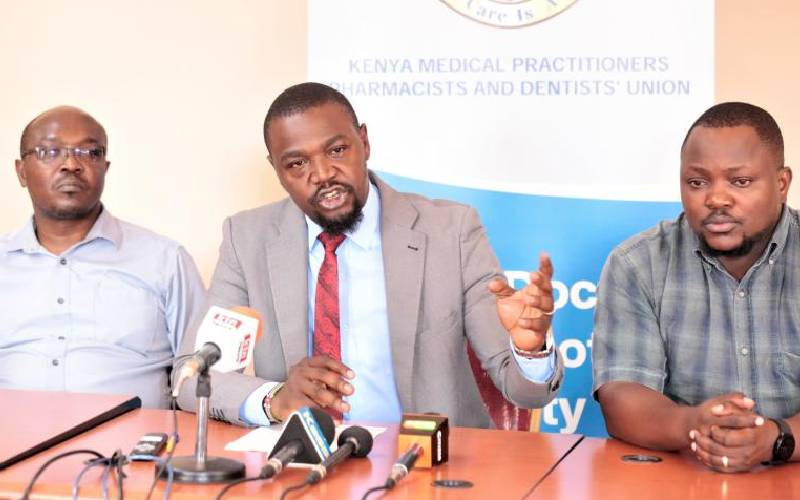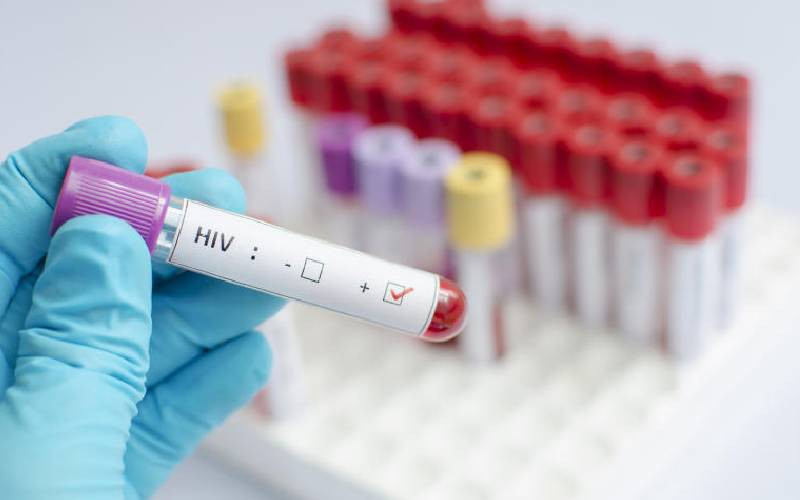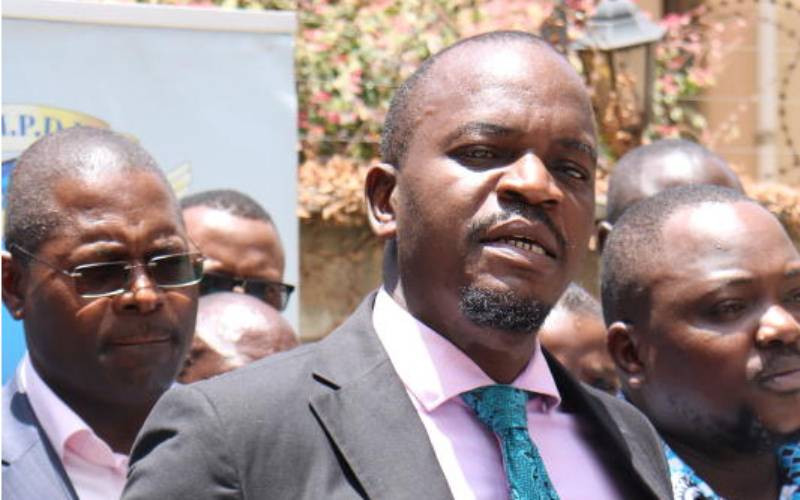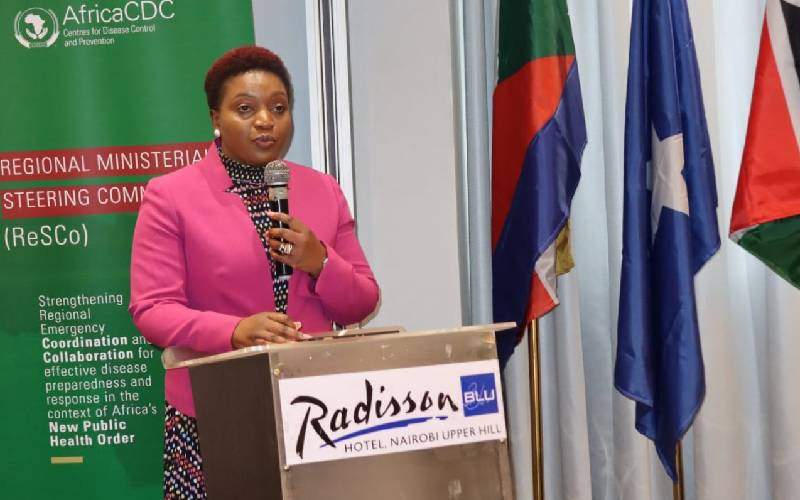
Gathoni Wamuchomba is full of emotion as she narrates how she gave birth to her firstborn baby inside the toilet of a high-end private hospital in Nairobi in 2003.
“I was put in a private room when I reported to the hospital. I was injected with medicine to induce labour on three different occasions,” she narrated to The Standard during an interview. “I had a team of nurses assigned to watch over me. I was in the labour ward waiting to be taken into the delivery room.”
She says that at some point, she felt the need to relieve herself in the toilet.
“I went to the head nurse and told her that I needed to relieve myself. She happily gave me the go-ahead. I entered the toilet. And when I needed to help myself, the baby came out,” Wamuchomba narrated.
The MP, who was a radio presenter back then, says she screamed (from the sheer shock of it) and passed out.
She feared that the environment of her baby’s birth, and how it happened, could affect the baby’s health. Luckily, the baby was fine when she regained consciousness.
Wamuchomba was speaking to The Standard on the sidelines of an event meant to draw attention to a form of violence that was hitherto relatively unknown to the public: obstetric violence (OBV).
The event, organised by her organisation, Gathoni Muchomba Africa Foundation (GAMAFRICA), and Kenya Women Parliamentarians Association (KEWOPA), saw survivors of OBV share their stories.
- Samantha Power: 'We aim to enhance access to transport in emergencies'
- 68 midwives trained on best practices to improve maternal healthcare
- Inside Sh150m initiative to end maternal death, period shame
- Taste of sukuma wiki disgusts unborn babies, research finds
Keep Reading
One woman narrated how her doctor forced her to undergo a caesarean section instead of a normal birth as per her wishes.
“I only realised recently that I too have been a victim of OBV,” Wamuchomba said.
Dr Anne-Beatrice Kihara, an Obstetrician and Gynaecologist, defines OBV as actions that are traumatic to a woman who is at any stage of maternity.
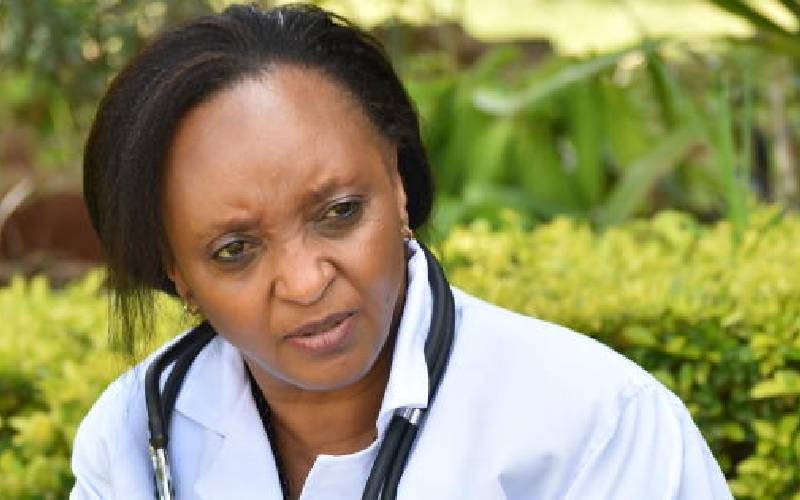
“OBV occurs at an intersection between institutional violence and violence against women during pregnancy, childbirth and the postpartum period,” she said.
A point that was nailed by most speakers at the event was the unfortunate mistreatment of pregnant women by nurses during delivery.
Indeed, who can forget the January 2017 hashtag #nursesfromhell, in which an unidentified group of nurses bragged over horrific ways they handle ‘difficult’ women going to the hospital to deliver?
In 2016 the Ministry of Health, National Nurses Association of Kenya, the Federation of Women Lawyers and the American NGO Population Council published data showing one in five women giving birth in local hospitals is humiliated, abused and asked for a bribe.
“Women are physically and verbally abused while in delivery wards. They are treated as if they don’t know anything and should only take instructions from those attending to them. We don’t talk about it yet it is wrong,” Wamuchomba said.
While the behaviour of the ill-mannered nurses is noteworthy, Dr Kihara – who is also the President of the International Federation of Gynaecology and Obstetrics (FIGO) – added that OBV goes beyond healthcare providers mishandling patients.
She said: “A lot of OBV occurs because of the healthcare system – the doctor-to-patient ratio, the number of trained health personnel, the availability of properly equipped hospitals, financing for healthcare, availability of medicines, and so on – is not properly functioning.”
Dr Kireki Omanwa, the president of the Kenya Obstetrical and Gynaecological Society (KOGS), spoke at the event: noting that OBV has led to loss of lives in some instances.
“When a woman is not able to deliver safely, because they can’t access the best possible maternity care, this too is OBV. As Obstetricians and Gynaecologists, we are well too versed on the life-and-death struggles inside maternity rooms in Kenya; especially in public hospitals,” Dr Omanwa said.
“Postpartum haemorrhage (PPH) is the number one killer of pregnant women in Kenya. This is because in many cases medics don’t even have medicines, tools and equipment to use in treating PPH. All these things deny Kenyan women a dignified and assured maternity process; which ideally should be a happy process of bringing forth new life,” Dr Omanwa added.
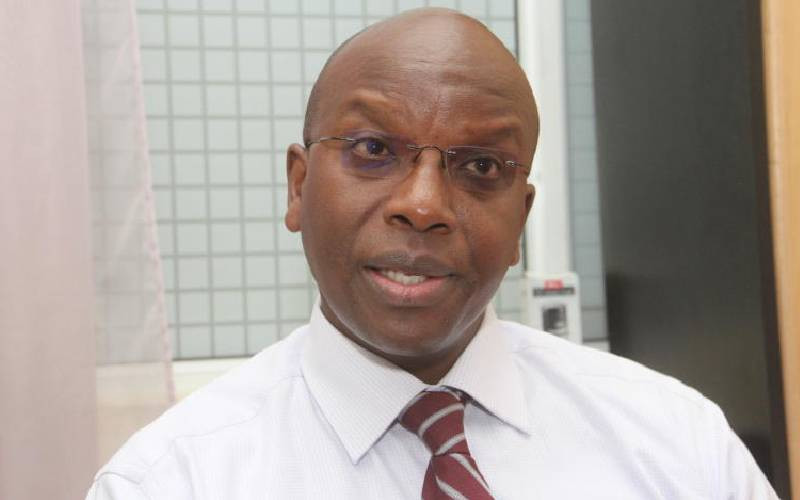
On her own experience, Wamuchomba says that the nurses should have known that a woman in active labour has the same feeling that one has when they need to relieve themselves.
“Why didn’t they inform me that the feeling is the same as that of wanting to go to the toilet?” she asks, rhetorically.
The MP came across the term OBV while on an official trip to South Africa while speaking to staff at a Centre for Legal Studies, in a South African University.
“I took immediate and keen interest and learnt that when you deny a woman the right to see her baby in the incubator because she has not paid hospital fees, that’s OBV. When you detain a mother who has given birth, because they can’t afford treatment, that’s OBV.
“It occurred to me that we go through these things but don’t even recognise that we are indeed being abused: that our fundamental rights as women giving birth are being trampled on,” she says.
Wamuchomba has prepared a motion seeking for parliament to order the development of a policy paper around OBV.
“The motion will allow us to debate in the house. If members agree that we need proper legislation and policy around OBV, then we shall go ahead and have it done.”
The meeting, attended by representatives from Kenya Human Rights Commission (KCHR), Amref, KOGS, KEWOPA, Members of Parliament, and OBV survivors, yielded ideas that Wamuchomba says would be important in developing laws and policies on OBV: “to make sure that it is criminalised and therefore punishable.”
 The Standard Group Plc is a multi-media organization with investments in media platforms spanning newspaper print
operations, television, radio broadcasting, digital and online services. The Standard Group is recognized as a
leading multi-media house in Kenya with a key influence in matters of national and international interest.
The Standard Group Plc is a multi-media organization with investments in media platforms spanning newspaper print
operations, television, radio broadcasting, digital and online services. The Standard Group is recognized as a
leading multi-media house in Kenya with a key influence in matters of national and international interest.

